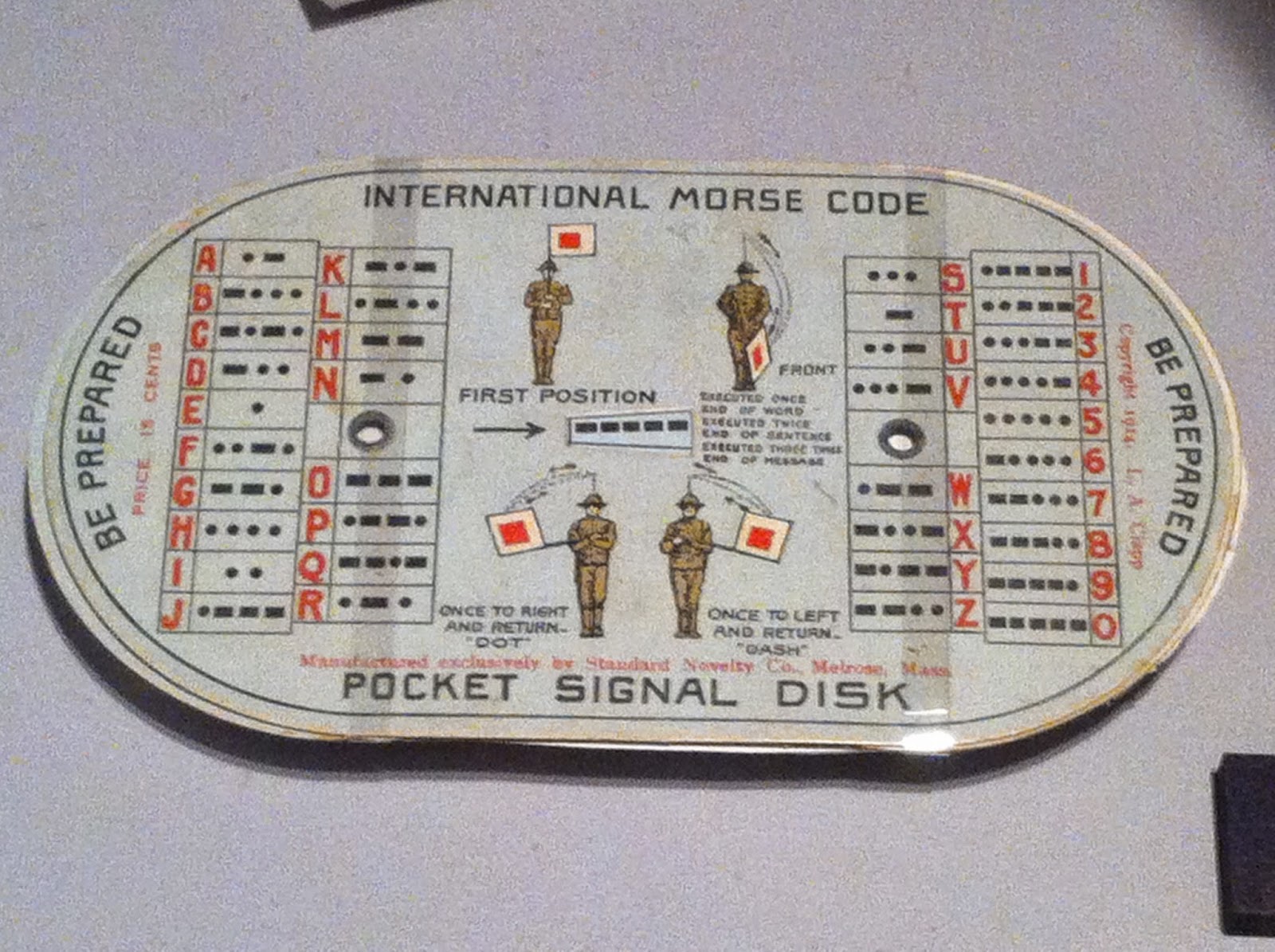- Link one--Memorial Day and the my coinciding birthday
- Link two--the 70th anniversary of D-Day
- Link three--the book of poems I received for said birthday
- Link four--a post on Facebook from a teacher friend about her visit to the National World War I Museum at Liberty Memorial in KC.
BTW-the photos interspersed are mine--I took them last year...one of my birthday presents last year was to tour the museum with my brother--good times.
Carolyn (another friend who has been traveling with students in Europe for a couple weeks) happened to be flying over Normandy on the D-Day anniversary and posted a picture from the plane.
I have also been wrestling with the idea of historical legacy. For a teacher program I'll be attending in a couple weeks, they are asking us to read several sources on the issue of the Emancipation Proclamation. One of them is troubling. Titled, Was Abe Lincoln a White Supremacist?, it was written by Lenore Bennett and appeared in a 1968 edition of Ebony. Its undercuts Lincoln's legacy in the African American community by suggesting we should be canonizing the great abolitionists of the 1830s-1860s who actually stood for black equality. Lincoln did not. He points to Lincoln's early views on race relations, his comments during the Lincoln Douglas Debates, his inaction at the beginning of the war and the language of the Emancipation Proclamation itself. Now, Dr. Alan Guelzo does a nice job of refuting Mr. Bennett, so I will leave the two of them to their debate. What it has done is to force me to look at Lincoln with new eyes. As I prepare for this conference and another in July, my goal is to be open to the real Lincoln, not his myth. It tell ya how that goes in a later post.
As I read Erin's post, I also was reading in my book of poetry. Today I happened upon Dulce et Decorum est by Wilfred Owens.
Poems are designed to be heard, so here is the poet/historian David Roberts reciting it.
Dulce et Decorum est (1)
Bent double, like old beggars under sacks,
Knock-kneed, coughing like hags, we cursed through sludge,
Till on the haunting flares(2) we turned our backs
And towards our distant rest(3) began to trudge.
Men marched asleep. Many had lost their boots
But limped on, blood-shod. All went lame; all blind;
Drunk with fatigue; deaf even to the hoots(4)
Of tired, outstripped(5) Five-Nines(6) that dropped behind.
Gas!(7) Gas! Quick, boys! – An ecstasy of fumbling,
Fitting the clumsy helmets(8) just in time;
But someone still was yelling out and stumbling,
And flound'ring like a man in fire or lime(9) . . .
Dim, through the misty panes(10) and thick green light,
As under a green sea, I saw him drowning.
In all my dreams, before my helpless sight,
He plunges at me, guttering,(11) choking, drowning.
If in some smothering dreams you too could pace
Behind the wagon that we flung him in,
And watch the white eyes writhing in his face,
His hanging face, like a devil's sick of sin;
If you could hear, at every jolt, the blood
Come gargling from the froth-corrupted lungs,
Obscene as cancer, bitter as the cud(12)
Of vile, incurable sores on innocent tongues,
My friend, you would not tell with such high zest(13)
To children ardent(14) for some desperate glory,
The old Lie; Dulce et Decorum est
Pro patria mori.(15)
Wilfred Owen
Thought to have been written between 8 October 1917 and March, 1918
That two line stanza is haunting in its simplicity: the poets dreams are confronted by his comrade's 'guttering, choking, drowning.' Like Lincoln, if we are going to talk of the glory and necessity of war, we also need to spend time in the shadow side, its cost to humanity. The generation of women and men who both died and are haunted by the ghosts of war.
History is honesty. It has to be. My goal as a teacher is to teach students not to blindly consume whatever tripe the Historian of the Month is selling on Amazon and CSPAN, but to become historians in their own right--what does Lincoln, WWI or Normandy say themselves, without generations of sugar-coating or demonizing.








No comments:
Post a Comment